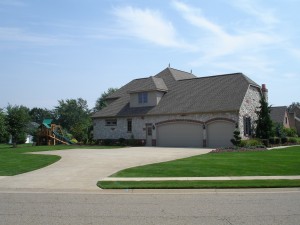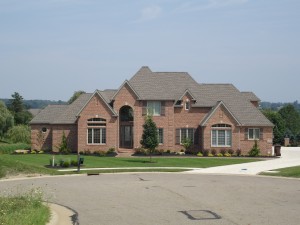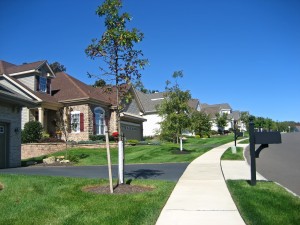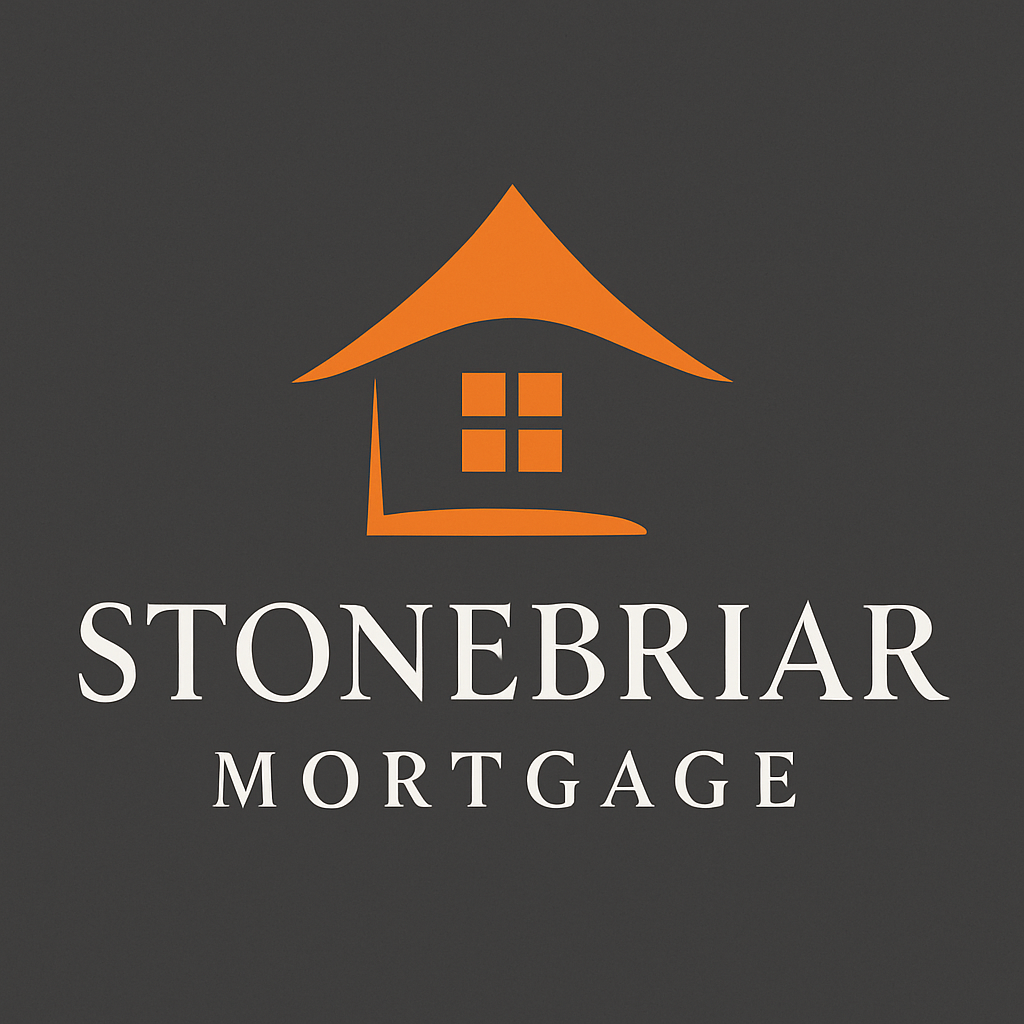
Are you in the process of buying a property and securing a mortgage? You need to make important financial decisions about how you choose to finance the building. You must think carefully and look at various terms, percentages, and payment plans. You can also choose between a fixed-rate mortgage (FRM) or an adjustable-rate mortgage (ARM). 30 year fixed-rate mortgages are a common loan that is maintaining a steady rate in today’s market. In this week’s blog post, Stonebriar Mortgage discusses 30 year fixed-rate mortgages for Dallas, TX and California homebuyers and investors.
Understanding Fixed-Rate Mortgages
A fixed-rate mortgage (FRM) comes with an interest rate that will not change during the loan. Obviously, this is a great option if you are worried about the economy and fluctuating interest rates. Conversely, if the market improves and interest rates fall, it will be much harder for you to change the terms of your loan and take advantage.
With all this in mind, what is one to do? Well, if you are planning to own the property or home for a while, the fixed-rate option may be ideal. Rates will fluctuate more the longer you stay. With an FRM, you will have a predictable monthly mortgage payment and rate. Regardless, you can decide to change the rate type or terms of the loan later, as long as you’re approved.
Selecting a 30-year Term for your Mortgage
Once you have chosen to get a fixed-rate instead of adjustable-rate mortgage, you have options on the number of years you have to pay the loan. Shorter loan terms may have higher monthly payments, but you will pay less interest over the life of the mortgage. Many people choose to have 30-year terms. This can result in better cash flow thanks to the lower monthly payment. Many experts foresee that the rates of 30-year fixed loans will remain steady.
Benefits of a 30-year Term Mortgage
You can write off interest paid on mortgages in your taxes. Some report that the deductions you’re able to get are higher with 30-year term mortgages. In addition, if you use the mortgage for a multifamily property, the improved cash flow will help you in times when residents cannot pay rent or must be evicted. Since there is a better debt service coverage, 30-year mortgages may have a better chance of getting approved than a shorter term. The loan will be amortized over a longer period, as well.
Stonebriar Mortgage helps many commercial investors in the Dallas, Texas and California markets succeed with their financial goals. Our expert staff are here to help answer any questions you have on 30-year term fixed-rate financing for homes and multifamily properties. Contact our team today!




